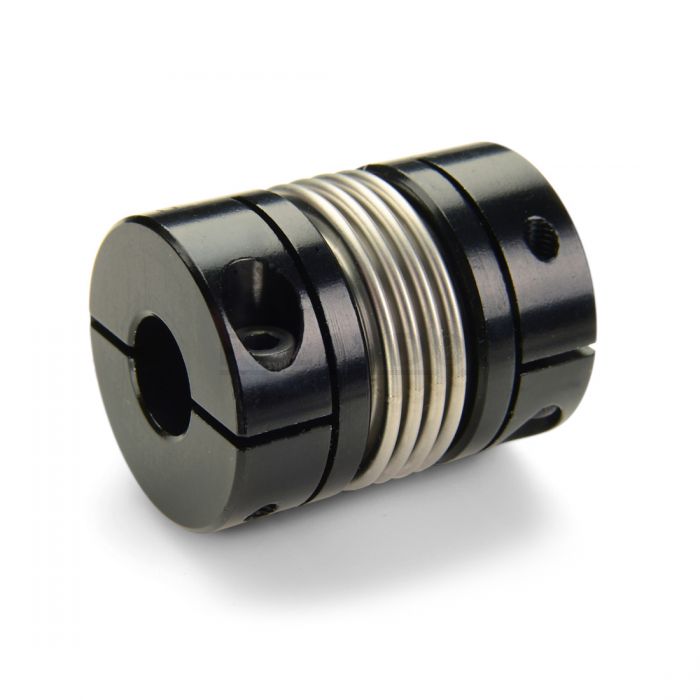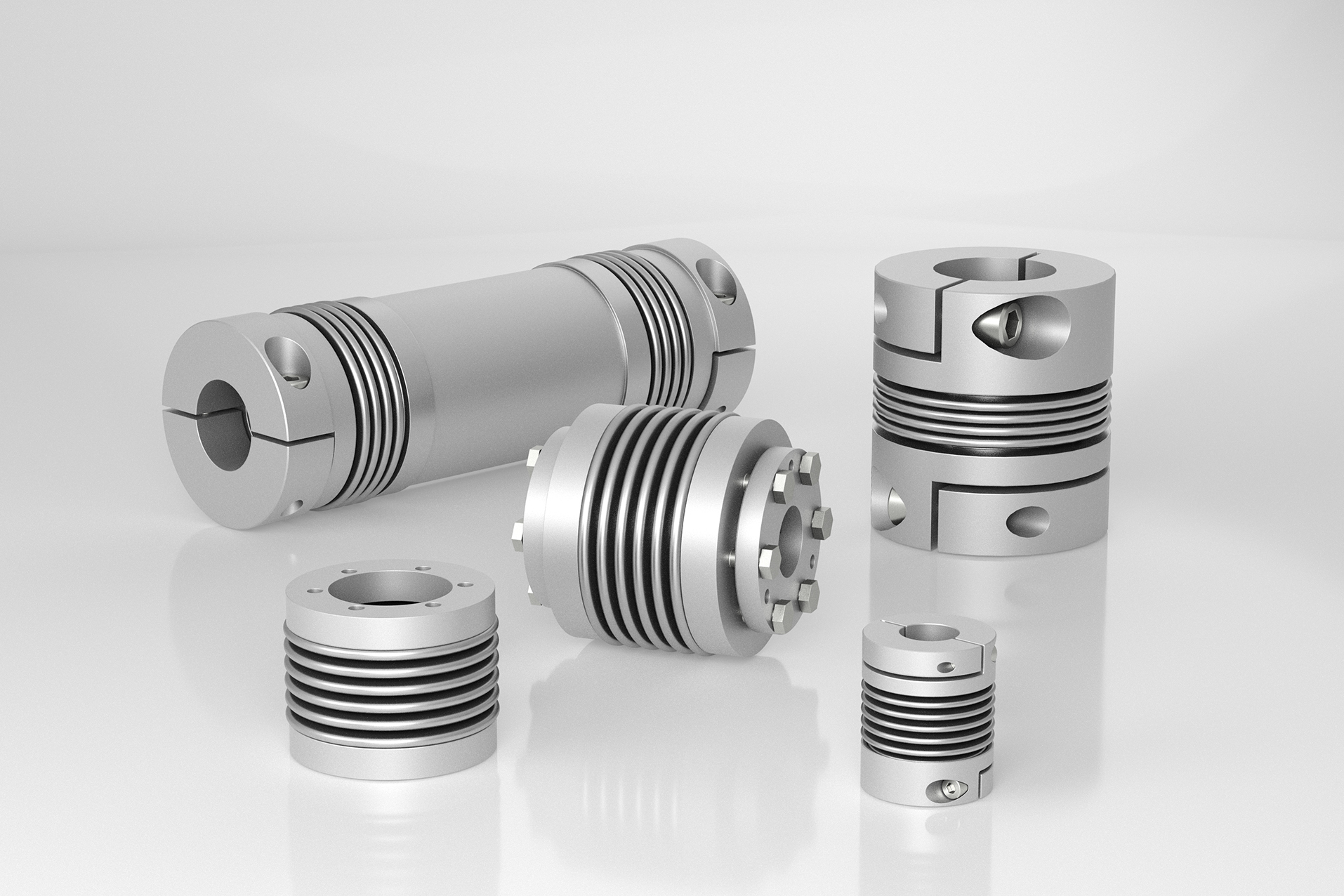Product Description
Product Description
|
Product name |
Expansion rubber joint |
|
Applicable medium |
Water, oil, gas |
Company Profile
Kaeon Machinery Equipment Co., Ltd is a professional manufacturer and supplier committed to providing customers one-stop solutions including petroleum drilling equipment and tools, valves & pipe fittings and rock drilling tools.
The headquarter of KAEON is in HangZhou, where the 2nd largest oilfield(Shengli Oilfield) of China is located. After 30+ years’ research and development, KAEON has built 4 manufacturing bases with 8 product lines and more than 100 kinds of products.
By now, KAEON has cooperated with 500+ suppliers and partners in the world, providing high quality services and practical products to over 800+ customers in more than 30+ countries across the world.
We always insist to try our best to provide products with best quality, good price and great service.
We always believe that only make each customer succeed can help ourselves to get the success.
Certifications
Production of Factory
Exhibition
Partner
FAQ
1.Are you a factory or trading company?
We are a manufacturer and trader. We can produce most petroleum equipment spare parts, valves and pipe fittings. We also have cooperative suppliers to meet all your requirement.
2.Can I have a sample for testing?
A: Yes, of course. Pay at first, and deduct this cost from future mass order.
3.Do you accept small orders?
A: Yes, no business too small. If you are a small retailer or starting up business, we are definitely willing to grow up with you. And we are looking CHINAMFG to cooperating with you for a long term relationship.
4.Do you have inspection procedure for the products?
A: 100% self-inspection before packing.
5.How about the price? Can you make it cheaper?
A: We always take the customer’s benefit as the top priority. Price is negotiable under different conditions, we are assuring you to get the most competitive price.

Are there Specific Temperature and Torque Limits for Different Bellows Coupling Materials?
Bellows couplings are available in a variety of materials, each with its own temperature and torque limits. The choice of material depends on the specific application requirements, including environmental conditions, operating temperatures, and torque demands. Here are some commonly used bellows coupling materials and their respective temperature and torque limits:
- Stainless Steel: Stainless steel bellows couplings are widely used due to their excellent corrosion resistance and high strength. They can operate in a wide temperature range, typically from -40°C to 400°C (-40°F to 752°F). The torque limits for stainless steel bellows couplings vary based on their size and construction but can range from a few Nm to several hundred Nm.
- Aluminum: Aluminum bellows couplings are lightweight and offer good corrosion resistance. They are suitable for applications with lower torque requirements. The temperature limits for aluminum couplings range from -30°C to 150°C (-22°F to 302°F), and the torque limits generally range from a few Nm to around 50 Nm.
- Brass: Brass bellows couplings are known for their electrical conductivity and are often used in applications where electrical isolation is required. They have temperature limits similar to aluminum couplings, ranging from -30°C to 150°C (-22°F to 302°F), and torque limits comparable to aluminum couplings.
- Titanium: Titanium bellows couplings offer exceptional strength and corrosion resistance, making them suitable for demanding applications. They can operate in a temperature range of -50°C to 300°C (-58°F to 572°F), and their torque limits range from a few Nm to several hundred Nm.
- Inconel: Inconel is a high-temperature alloy that provides excellent performance in extreme heat and corrosive environments. Inconel bellows couplings can operate in temperatures from -60°C to 600°C (-76°F to 1112°F) and have high torque capacities, ranging from a few Nm to over a thousand Nm.
- Plastics: Certain plastic materials, such as PEEK (Polyether Ether Ketone), are used for bellows couplings in specialized applications. Plastic couplings offer lower torque capacities compared to metal couplings but can operate in a temperature range of -30°C to 250°C (-22°F to 482°F).
It is essential to consult the manufacturer’s specifications and guidelines to select the appropriate bellows coupling material for your specific application. Choosing the right material ensures that the coupling can withstand the operating conditions and delivers reliable performance throughout its service life.

How do Bellows Couplings Compare to Other Coupling Types, such as Flexible or Rigid Couplings?
Bellows couplings offer distinct advantages and characteristics that set them apart from other coupling types, such as flexible and rigid couplings. Here is a comparison of bellows couplings with other coupling types:
- Flexibility: Bellows couplings are a type of flexible coupling. They provide excellent angular and axial misalignment compensation while maintaining a high level of torsional rigidity. This flexibility helps to reduce stress on connected equipment and allows for smooth operation even in misaligned conditions.
- Compensation for Misalignment: Flexible couplings, including bellows couplings, can accommodate both angular and parallel misalignments. They are designed to allow a certain degree of relative movement between shafts, which helps prevent damage to shafts and connected equipment due to misalignment or vibration.
- Compactness: Bellows couplings are compact and lightweight, making them suitable for applications where space is limited. The absence of additional components, such as elastomeric elements found in other flexible couplings, contributes to their compact design.
- Torsional Stiffness: Compared to some other flexible couplings, bellows couplings offer higher torsional stiffness. This characteristic ensures efficient torque transmission and precise motion control, making them suitable for applications demanding high torsional rigidity.
- Backlash: Bellows couplings typically have minimal backlash due to the absence of mechanical play or components that can introduce free movement. This characteristic allows for precise positioning and control in motion systems.
- Electrical Isolation: Unlike rigid couplings, bellows couplings provide electrical isolation between shafts, making them ideal for applications where electrical continuity must be maintained or avoided between the connected components.
- Resonance Damping: Bellows couplings can help dampen vibrations and reduce resonance in rotating equipment. This characteristic contributes to smoother operation and prolongs the life of connected components.
On the other hand, rigid couplings are suitable for applications requiring precise shaft alignment and no flexibility. They provide a solid and direct connection between shafts, ensuring efficient torque transmission without any loss due to misalignment. However, rigid couplings cannot compensate for misalignment and are more prone to stress concentration in case of shaft misalignment or vibrations.
While flexible couplings, including bellows couplings, offer misalignment compensation and flexibility, they may have slightly lower torsional stiffness compared to rigid couplings. However, their ability to handle misalignments and provide damping characteristics often outweigh this consideration in many motion control applications.
In summary, bellows couplings combine flexibility, torsional stiffness, electrical isolation, and vibration damping features, making them a versatile choice for various precision motion control applications.

What is a Bellows Coupling, and How is it Used in Mechanical Power Transmission?
A bellows coupling is a type of flexible coupling used in mechanical power transmission systems to connect two shafts while allowing for angular misalignment, axial motion, and torsional flexibility. It consists of a thin-walled metallic bellows element that resembles an accordion or bellows, which gives the coupling its name. The bellows is typically made of stainless steel, providing it with the necessary flexibility and durability for various applications.
When used in mechanical power transmission, a bellows coupling accommodates misalignments between the connected shafts. These misalignments can be in the form of angular misalignment, where the shafts are not perfectly aligned in a straight line, or axial misalignment, where there is some linear movement along the shaft axis. Additionally, the bellows element provides torsional flexibility, allowing the coupling to transmit torque while compensating for slight shaft misalignments.
The bellows coupling works by absorbing and redistributing the misalignment forces through the flexing of the bellows element. As the shafts rotate, any misalignment causes the bellows to flex, allowing the coupling to maintain a continuous transmission of torque while reducing stress on the connected shafts. This flexibility also helps dampen vibrations and shock loads, protecting the connected components from excessive wear and fatigue.
One of the significant advantages of using a bellows coupling is its high torsional stiffness. The bellows element provides excellent torsional rigidity, making it suitable for applications where precise motion control and minimal torsional backlash are essential.
Bellows couplings find applications in various industries, including robotics, aerospace, medical devices, semiconductor manufacturing, and precision machinery. They are commonly used in applications where accurate positioning, high torque transmission, and compensating for misalignments are critical requirements.
In summary, a bellows coupling is a flexible and robust coupling solution that allows for angular misalignment, axial motion, and torsional flexibility in mechanical power transmission systems. Its ability to accommodate misalignments while maintaining high torsional stiffness makes it a preferred choice in precision positioning and motion control applications.


editor by CX 2023-12-14
